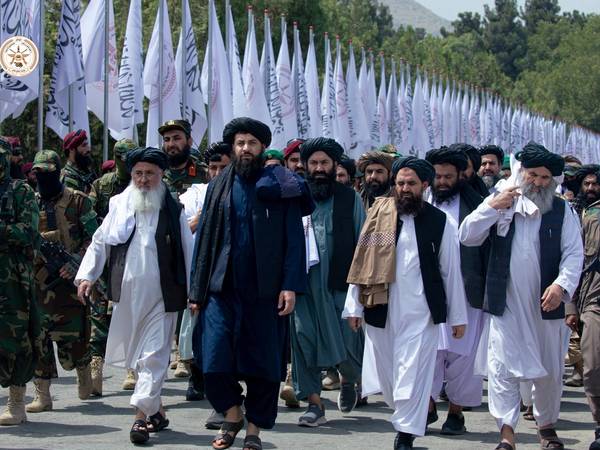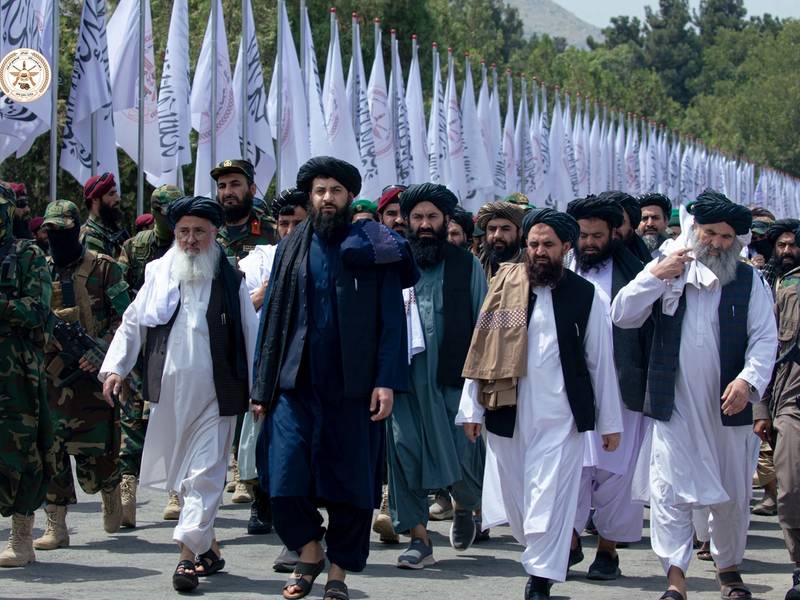The American magazine New Lines has reported, citing multiple sources, that Pakistan has resumed political contacts with Afghan figures opposed to the Taliban as tensions between Islamabad and the group intensify.
According to the magazine, Pakistan is exploring options to reshape Afghanistan’s political landscape and is “planning for regime change.”
The report says Islamabad’s shifting security calculations are being driven by several factors, including the Taliban’s growing closeness to India, the failure of peace talks in Istanbul and the rising activity of Tehreek-e-Taliban Pakistan (TTP).
A source close to Pakistan’s Inter-Services Intelligence (ISI) told the magazine that when the former Afghan government under Ashraf Ghani was on the brink of collapse, Faiz Hameed then ISI chief, secretly met with Ahmad Massoud, leader of the National Resistance Front (NRF), in a Gulf country to discuss forming an inclusive government.
New Lines reports that Pakistan has both the military capability and the intelligence networks to target Taliban leaders and shift the political balance in Afghanistan. The magazine says Pakistan could eliminate Taliban leaders “one by one,” citing decades of experience studying the group.
However, the report warns that removing the Taliban could create a power vacuum and trigger a new wave of refugee flows, adding that any such scenario would require Afghanistan’s opposition to be prepared.
According to the magazine, Islamabad hosted several Afghan opposition figures in October, and personalities such as Yasin Zia and Ahmad Massoud have recently re-emerged politically. Sources say Pakistan has reactivated communication channels with representatives of Taliban opponents.
Abdullah Khenjani, head of the NRF’s political committee, told New Lines that the group remains cautious about engaging with Pakistan, arguing that the “Pakistani establishment consistently seeks to manage and contain the opposition.” He said any cooperation must be rooted in Afghanistan’s national interests and would require Pakistan to undergo a fundamental shift in mindset to become a “partner for peace and stability.”
Khenjani added that engagement with Pakistan is a double-edged sword, noting that many opposition figures have long portrayed the Taliban as Pakistan’s proxy and now fear becoming “another project for the ISI.”
Even so, Nasir Andisha, Afghanistan’s ambassador in Geneva and a figure close to the resistance, said “this risk is worth taking” for the opposition.
According to New Lines, if Pakistan decides to place its political influence, experience and financial and military support behind anti-Taliban groups, the battlefield situation could change quickly. The magazine says attacks by the National Resistance Front and the Afghanistan Freedom Front could become more complex and extensive.
The report concludes that such developments could sharply increase the likelihood of Afghanistan returning to a prolonged cycle of violence.

